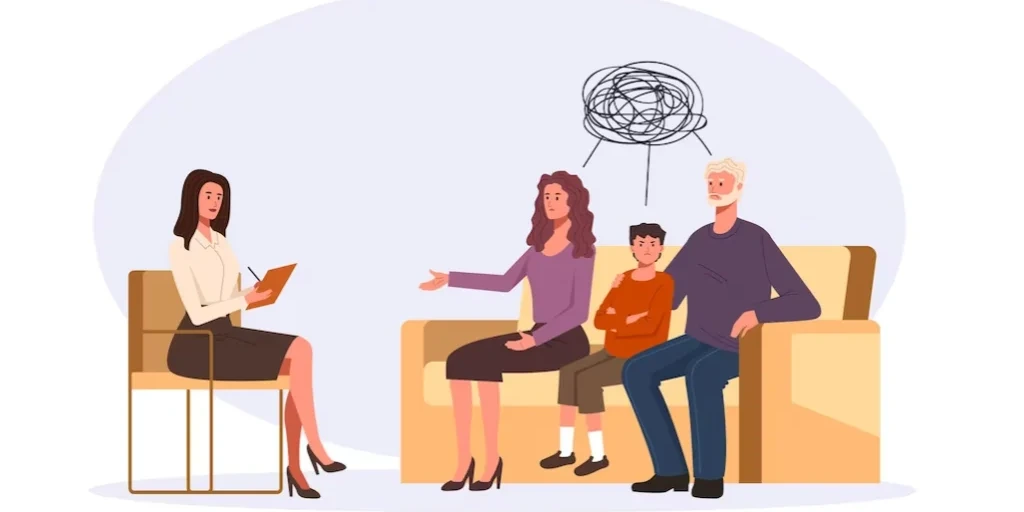24/7 Helpline:
(866) 899-111424/7 Helpline:
(866) 899-1114
Learn more about Depression Treatment centers in Mount Victoria
Depression Treatment in Other Cities

Other Insurance Options

Carleon

ComPsych

BHS | Behavioral Health Systems

Health Net

UMR

Magellan Health

State Farm

Self-pay options

Oxford

Magellan

Evernorth

WellCare Health Plans

Regence

Optima

Ambetter

Cigna

Access to Recovery (ATR) Voucher

WellPoint

GEHA

AllWell























